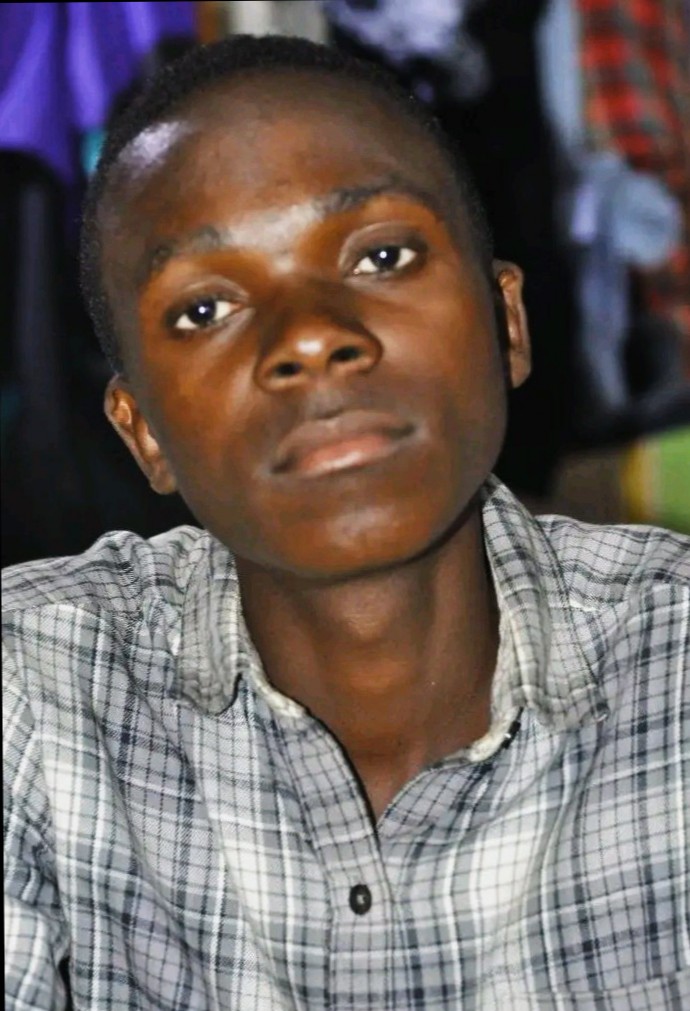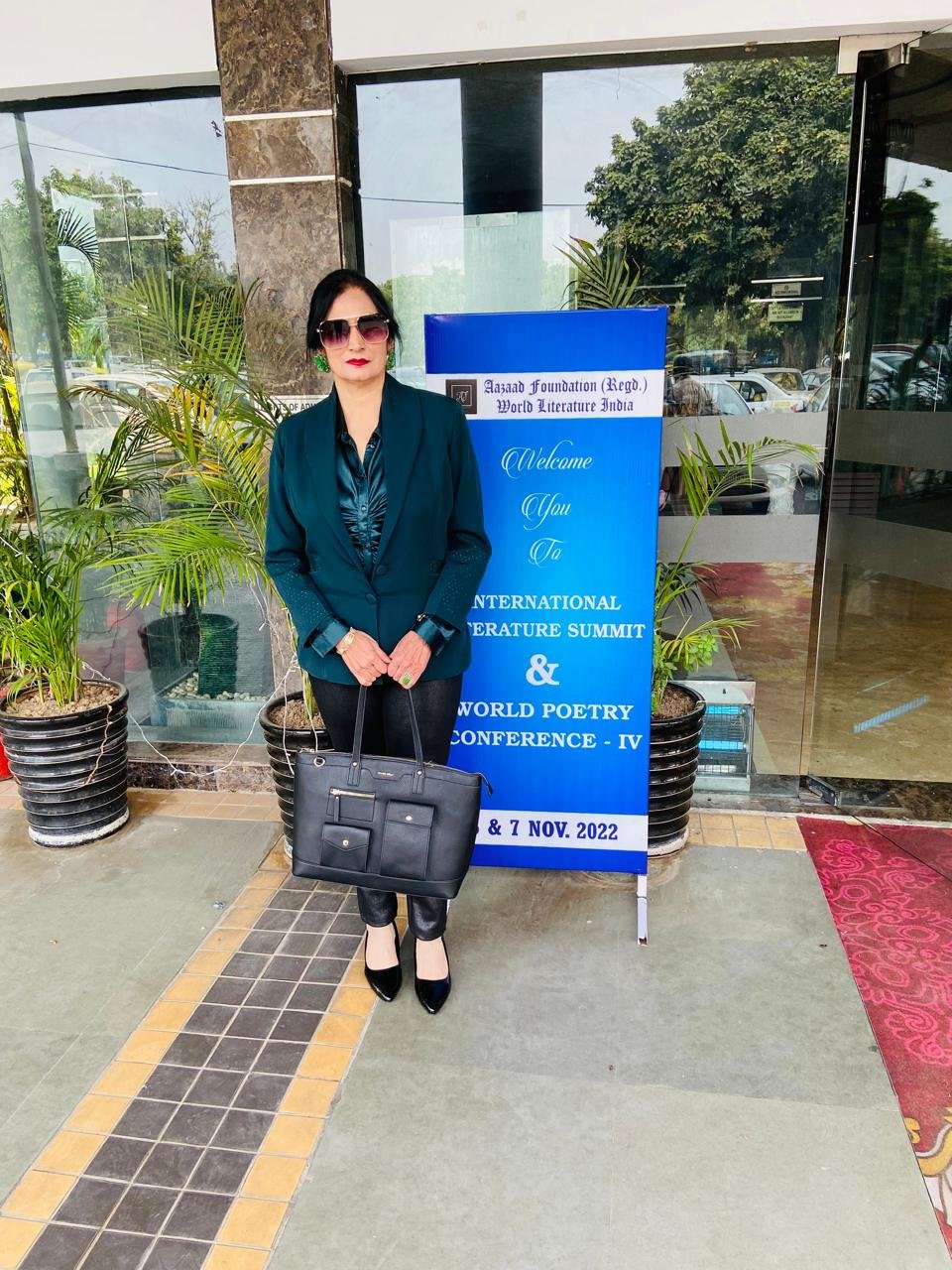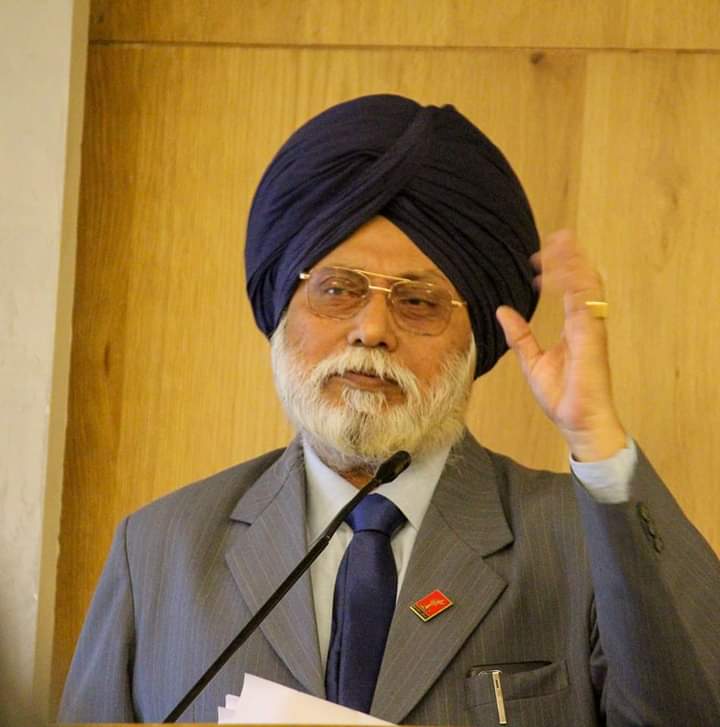On the Eleventh Anniversary of My Dear Brother Rabi’s Death, May God Have Mercy on Him and Grant Him Paradise by Tahgrid Bou Merhi

In 2013, the year that brought me back to Lebanon for a visit after nine long years of absence, Brazil, despite its vastness, felt too small for me. In my heart, longing grew day by day, carrying the burdens of the years as I dreamt of reuniting with my family and siblings. I knew I would soar with joy upon catching a glimpse of their faces again, feeling the warmth of the soil I had been away from. Yet, I could never have imagined that the reunion would be a strange mix of happiness and sorrow.
Upon my arrival in Lebanon, everyone welcomed me with smiles and hugs—a unique feeling that touches the heart after a long absence. But amidst this warm gathering, a small cloud hung over the house, a cloud I did not realize would soon grow to cover the sky of our entire lives. My brother Rabih, that young man with green eyes and a heart big enough to embrace everyone, was ill. It wasn’t just any ordinary illness; at that moment, we all believed it was just a passing health issue.
Rabi was admitted to the hospital, and it seemed that the treatment was progressing slowly, moving instead towards the worse. The doctors tried, and everyone was hopeful for his improvement, but his condition took a different turn. Amidst fear and anxiety, the pain escalated, and there were no clear answers as to what was happening. The days dragged on heavily. After a month of suffering in the hospital, we decided to take his records and test results to another doctor in Beirut.
We got into the car—my sister Rabi'a, my nephew Waseem, and I—and headed to the capital with great hope of finding answers about Rabi’s condition. The doctor’s office was quiet, and the hope inside mingled with an anxiety that was impossible to ignore. The doctor reviewed the documents and test results, then lifted his eyes to us and said in a calm yet heavy voice, "You’ve come too late; the disease has spread, and his days are numbered."
Time stopped for a moment, and the glances exchanged between us and the doctor turned into questions: How did we fall behind? What is he talking about? What has spread? We didn’t understand at first. The doctor assumed we were aware that Rabi had cancer and that we had come to hear his opinion on the case. But we had no idea. The truth hit us like a slap in the face.
"The tests showed the disease a month ago," the doctor said. "But no one noticed. The illness spread quickly through his body, and had his doctor paid attention to the diagnosis, the situation would have been different."
That moment felt like a colossal wall crashing down on our faces. The doctor who treated Rabih in the Bekaa Valley either overlooked or ignored what was happening, and this fatal error led my brother to destruction. The shock was too much to bear, and in those moments, we didn’t know how we would tell our mother and father, and how they would believe that Rabi, who clung to life, had only a few days left.
When it was time to break the news to everyone, the house turned upside down. My brother was transferred to Hotel Dieu Hospital in Beirut, and there began a new journey of suffering. My sisters and I shared the days and nights in caring for Rabi, checking on him, and sorrowfully observing his condition deteriorate. The doctor said, "You have only 15 days left." Fifteen days felt like a death sentence, as if time itself had decided to stand against us, powerless.
My dear brother was dying before our eyes, and we could do nothing. Each day took a piece of our hearts and souls with it, and tears poured from our eyes directly into our hearts.
On the night before his death, my father and mother visited him. He had been unconscious for two days due to the strong medication they had given him. My father could not bear to see his son in such a condition and cried until his eyes turned white—those eyes that had always seen in him the pulse of life. My mother was by his side, reading the Quran and praying for his recovery, with tears streaming down her face, though reality was harsher than she could endure.
The doctor came, along with his team, examined his condition, and then asked my sister Rabi'a and me to come to him. At that moment, we knew what he would say; the words no one wanted to hear crept into our hearts before he uttered them. The doctor informed us that Rabih had only a few hours left, hours! How can life be measured in hours? What can we do in those hours except watch our beloved one drift further away from us? Should we embrace him over and over, or kiss his hands and cheeks? What do we say to him, and how do we bid farewell in such a short time?
Finally, in a moment we never wanted to reach, Rabih died. The beloved of my heart and the light of my eyes, the one who pulsed with life, left us in the prime of his youth, due to a fatal illness and a negligent doctor. Rabi did not die alone in that moment; a part of my father and mother died too, as did we—a part we considered our soul.
Today, eleven years after his departure, our hearts still weep for him, and his memory lingers around us. We remember his warm smile and kind heart that still beats in every moment we shared with him. Time has passed, but the pain remains; the void he left is irreplaceable. Our prayers for him continue, but we are certain he is in a better place, in God's mercy. His memory will forever live on in our hearts, accompanying us wherever we go.





